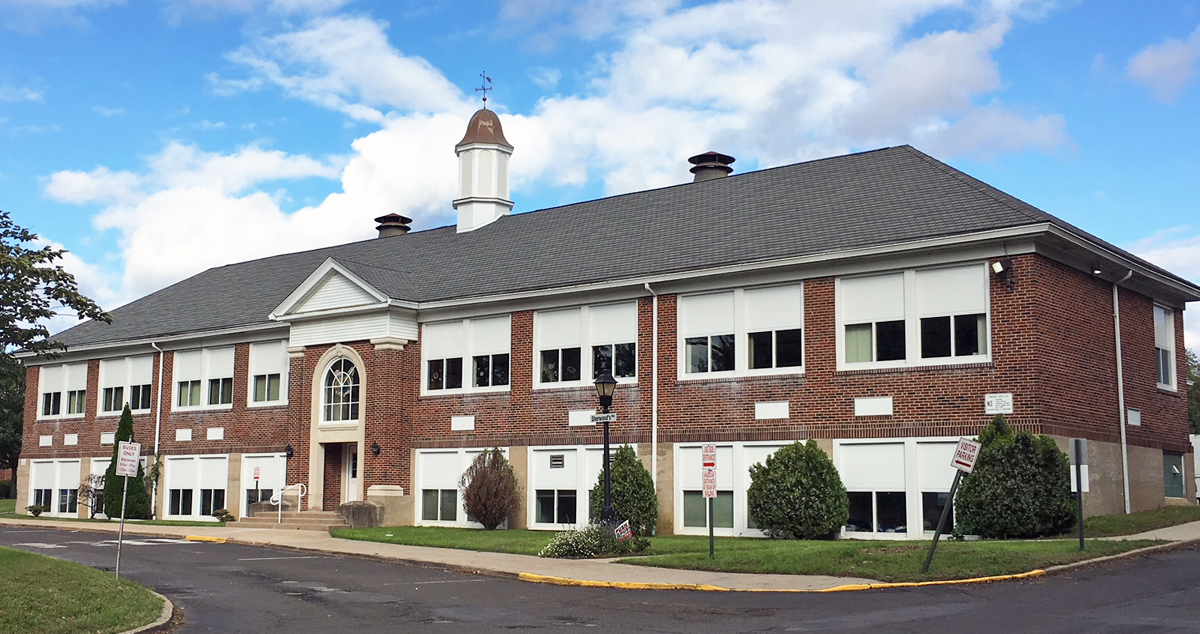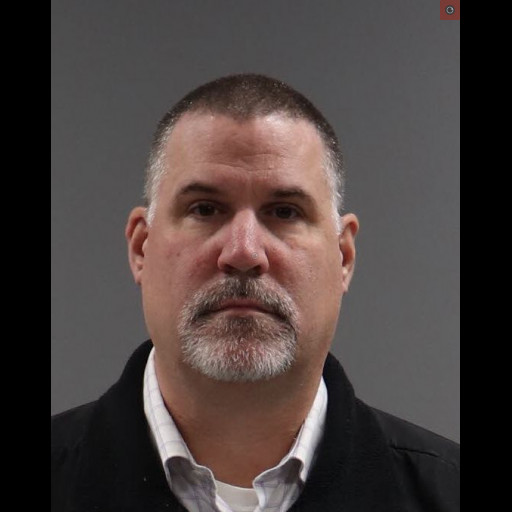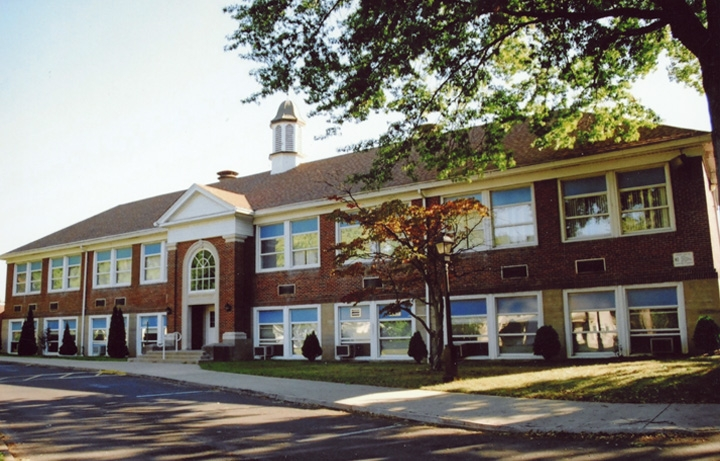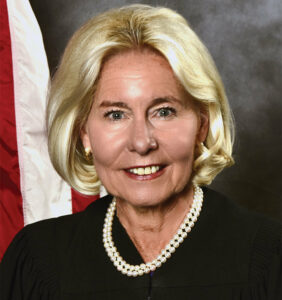Pennsbury School Board Picks KCBA As Architects for New High School

The Pennsbury School Board voted Thursday to award the contract for a new high school to KCBA, a Hatfield-based architectural firm, for $8,852,500.
The total project budget is $250 million, staying below the $300 million that would trigger a referendum under Act 34.
Six board members voted for the contract, two voted against, and new member Donna Abrescia abstained. Vice President Joshua Waldorf and Lois Lambing voted no, preferring another contender, Crabtree, whose bid was $1.6 million higher.
“You get what you pay for,” Waldorf said.
“We got down to the two best and most experienced,” said board member and state Rep. Jim Prokopiak (D-Levittown). “At the end of the day, we’re talking about a substantial sum of money. We’re talking seven figures. Why are we paying so much more for one or the other? I can’t see where that large difference in cost helps us.”
The three-story school facing Hood Boulevard in Falls Township would serve 2,800 to 3,000 when it’s completed in 2029. Mike Kelly with KCBA said the school would have one center entrance for safety and there would be three wings arranged along a central corridor. One end would include the administration and a media center (formerly a library), the center would house academic classrooms and labs, and the third would include the gym, cafeteria, and swimming pool.
Parent and frequent board critic Tim Daly discovered that the request for proposal (RFP) form that the district sent out had a name tag that listed it as from the Brandywine Heights School District to KCBA. And KCBA was awarded the contract for Brandywine Heights High School.
“Pennsbury withheld the RFP document for weeks despite repeated demands for transparency,” said Daly. “Pennsbury even delayed an RTK response so that they would not have to turn over information until after they voted. The metadata associated with the RFP document uploaded onto Pennsbury Board Docs indicates it came from another school district where the winner of the RFP was the architect, along with the construction management that is handling the project. Pennsbury administration and school board members owe our community answers as to how they obtained the RFP template given the $250 million construction price tag on this project.”
Superintendent Thomas Smith Ed.D. did not respond to a request for comment Friday.
KCBA is also the architectural firm in charge of an addition and renovation at Boehm Middle School in Lower Makefield. The district budgeted $30 million for that work in 2022. Actual costs have reached $42.2 million, according to James Lynch of D’Huy Engineering, at the March 7 facilities committee meeting.
Robert Abrams, another resident, said in an email to the board that DVJournal obtained, “It is pretty clear at this point that since Crabtree at every meeting identified the need for referendum, that I am sure coincides with their extensive experience and professionalism and they are willing to negotiate a flat fee that both D’Huy and KCBA are not, I see that D’Huy and KCBA could intentionally combine to low-ball the total costs in an effort to disenfranchise the community and they will pick up their additional fees through increased project costs on the back side of the project.”









